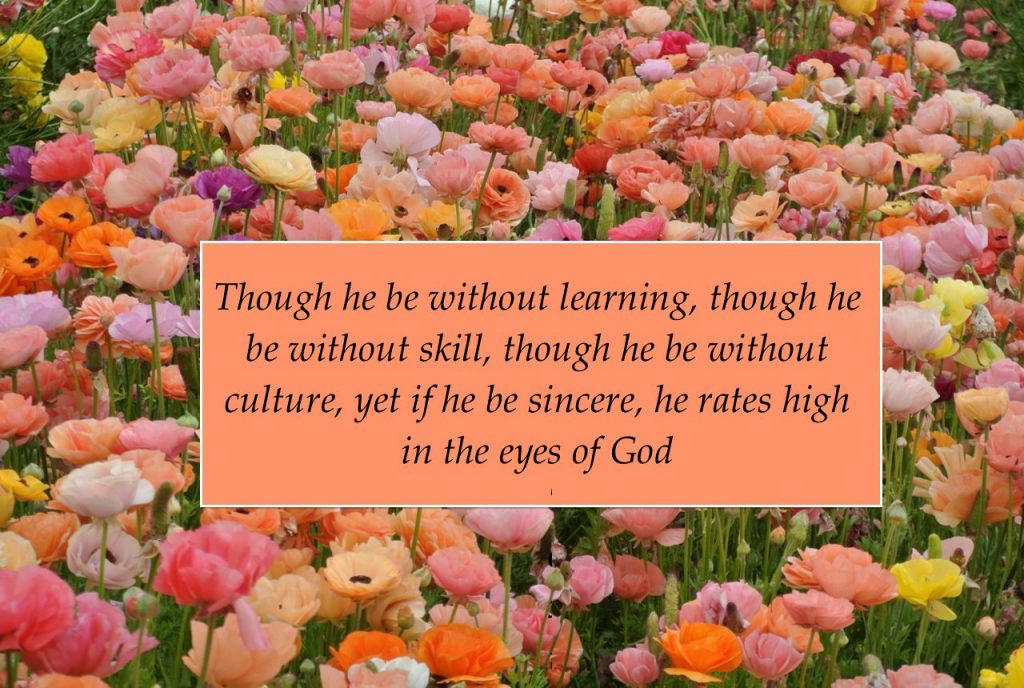All posts by Lemfel
July is a patriotic month for North America, with Canada’s Independence Day on July 1st and the U. S. celebration on the 4th. Since we call ourselves Lemurians but live in the U. S., Canada, England, Nigeria, and other countries, what is patriotism for Lemurians?

We are devoted to Lemuria, but Lemuria is the once and future civilization. It does not exist physically in the world today, but as an ideal we are gradually turning into a reality. Meanwhile, we live in many other countries. And patriotism for Lemurians is patriotism for the place we call home.
We find many qualities we are trying to build into our Lemurian future are already here, all around us. In spite of the turmoil in the world just now, or maybe because of it, shining examples of kindness and generosity, courage and independence, loyalty and love stand out more clearly than before. Of course we can find their opposites too, when people are stirred up about some injustice or feel things are heading in unhelpful directions.
Some of the best and worst of what’s happening can be found in the daily news. As we’ve been told, good news doesn’t sell newspapers or news shows, so much of what we get these days is crime, violence, anger and pain. And many of these difficult experiences reflect some very unfortunate stories, but many people’s stories are a whole lot better than that most of the time.
The trouble is, what we see on the news or social media every day can begin to become our reality. This came home to me dramatically many years ago, when I lived on an isolated island before cell phones, when all my news came in a mailbag as the ship arrived every few months. The newspapers and magazines I got were full of the Los Angeles riots and it sounded like the whole country lay in smoking ruins. A few months later I visited California and was amazed and relieved to see how very normal everything still was!
The news media go to a lot of trouble to find the most dramatic disasters to show us, but it’s actually a lot easier to find happier stories that make you feel good about life. By looking for the qualities and character traits we admire and are trying to build in ourselves, it’s surprising how often we find these in the people around us. And these discoveries make it easy to be patriotic.
You’ve heard these inspiring stories because they go viral on the internet. We love all the young children who place flags on veterans’ graves, or collect clothes for those who’ve lost everything in a storm or fire. Our hearts go out to the Good Samaritans who stop at accidents along the highway, or rush forward in any emergency to help.
We admire the many who are born with disadvantages, or are gravely injured in battle, who work incredibly hard to overcome these obstacles. The boy with only three fingers who taught himself to play piano. The girl with one leg who aspires to be an Olympic gymnast. The paraplegic soldier who leads other wounded warriors in climbing mountains. These are just a few of those who fill our hearts with inspiration and pride.
We are proud to call them our countrymen, no matter where they may live in the world. They inspire our patriotism toward humankind. And that’s what we call patriotism for Lemurians.
#patriotism #lemurians #lemuria #goodsamaritans




